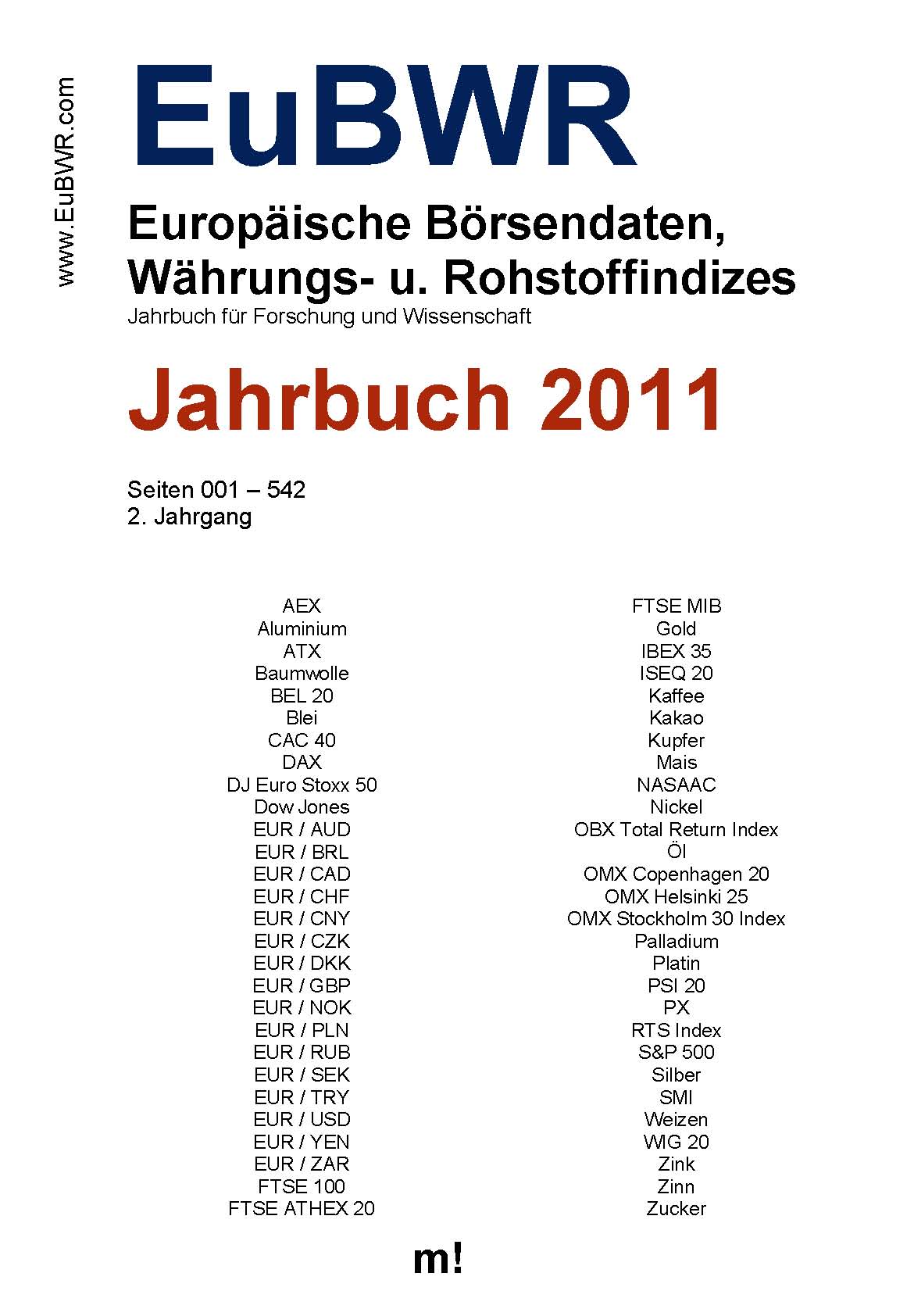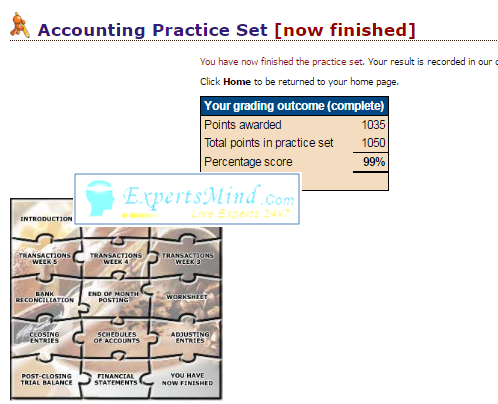Emerson Essay Nature - Term Paper.
Emerson sees nature as an inspiration for people to grasp a deeper understanding of the spiritual world. Emerson begins his essay by observing the omnipresence of nature, which garners respect from the observer. However, nature always seems distant, indifferent. Emerson then puts forth the idea that not everyone can observe nature, that one.
Ralph Waldo Emerson: Nature (1836) “Nature is but an image or imitation of wisdom, the last thing of the soul; nature being a thing which doth only do, but not know.” PLOTINUS Introduction OUR age is retrospective. It builds the sepulchres of the fathers. It writes biographies, histories, and criticism. The foregoing generations.

Find or construct a cover illustration for one of Emerson's essays. Write a short essay explaining how your illustration conveys his message from the essay you chose. 4. Consider the personal application of Emerson's theories. Relate an incident in your life that can be explained according to his principles. 5.

Published in 1836, Nature is an essay written by American lecturer and poet Ralph Waldo Emerson that lays down the foundation for transcendentalism. Transcendentalism is a now popular belief system that supports a non-traditional appreciation of the importance of nature, suggesting that God can be found in nature as well as a true understanding.

Critical Analysis of Nature by Ralph Waldo Emerson Essay; Critical Analysis of Nature by Ralph Waldo Emerson Essay. 781 Words 4 Pages. As human beings we take everything for granted. We think not of the struggle that nature endures to blossom into something that we can find divine. Nor do we think about the hours and passion that a writer may have put into that piece of literature we pick up.

As he returned from Europe in 1833, Emerson had already begun to think about the book that would eventually be published under the title Nature.In writing Nature, Emerson drew upon material from his journals, sermons, and lectures.The lengthy essay was first published in Boston by James Munroe and Company in September of 1836. A new edition (also published by Munroe, with Emerson paying the.

What is the theme for emersons essay nature? We need you to answer this question! If you know the answer to this question, please register to join our limited beta program and start the.

Ironically, this conclusion means that nature as a thing in itself ultimately remains alien to us. Addressing the next two questions — Where did the matter that is nature come from? Toward what end did it come? — Emerson asserts that nature’s animating spirit expresses itself through us. The highest truth is that a universal essence is.

In Nature essay by Ralph Waldo Emerson the author briefly stated his transcendental philosophy. He recorded that philosophical point of view meant nature and spirit inside all creatures. According to “Nature” a soul of every person belongs to God’s Spirit. Spirits join God. Since nature has colors, it makes people to be closer to God. It.

Emerson's Essay - Nature Emerson's essay, Nature is essentially one that seeks show a new form of enlightening the human spirit and urges the establishment of a stronger link between man and the Universal Spirit through. Emerson sees nature as this inspiration to people and catalyst for a deeper.

Nature is an essay written by Ralph Waldo Emerson, and published by James Munroe and Company in 1836. In the essay Emerson put forth the foundation of transcendentalism, a belief system that espouses a non-traditional appreciation of nature. Transcendentalism suggests that the divine, or God, suffuses nature, and suggests that reality can be understood by studying nature.

In this essay, Emerson outlines his initial ideas about the fundamental relationship of humanity with nature, which he would develop further in later essays. His conception of this relationship was revolutionary for its time when many thought of humanity as separate from and above the rest of the natural world, and of nature as the mere.

To go into solitude, a man needs to retire as much from his chamber as from society. I am not solitary whilst I read and write, though nobody is with me. But if a man would be alone, let him look at the stars. The rays that come from those heavenly worlds, will separate between him and what he touches.



